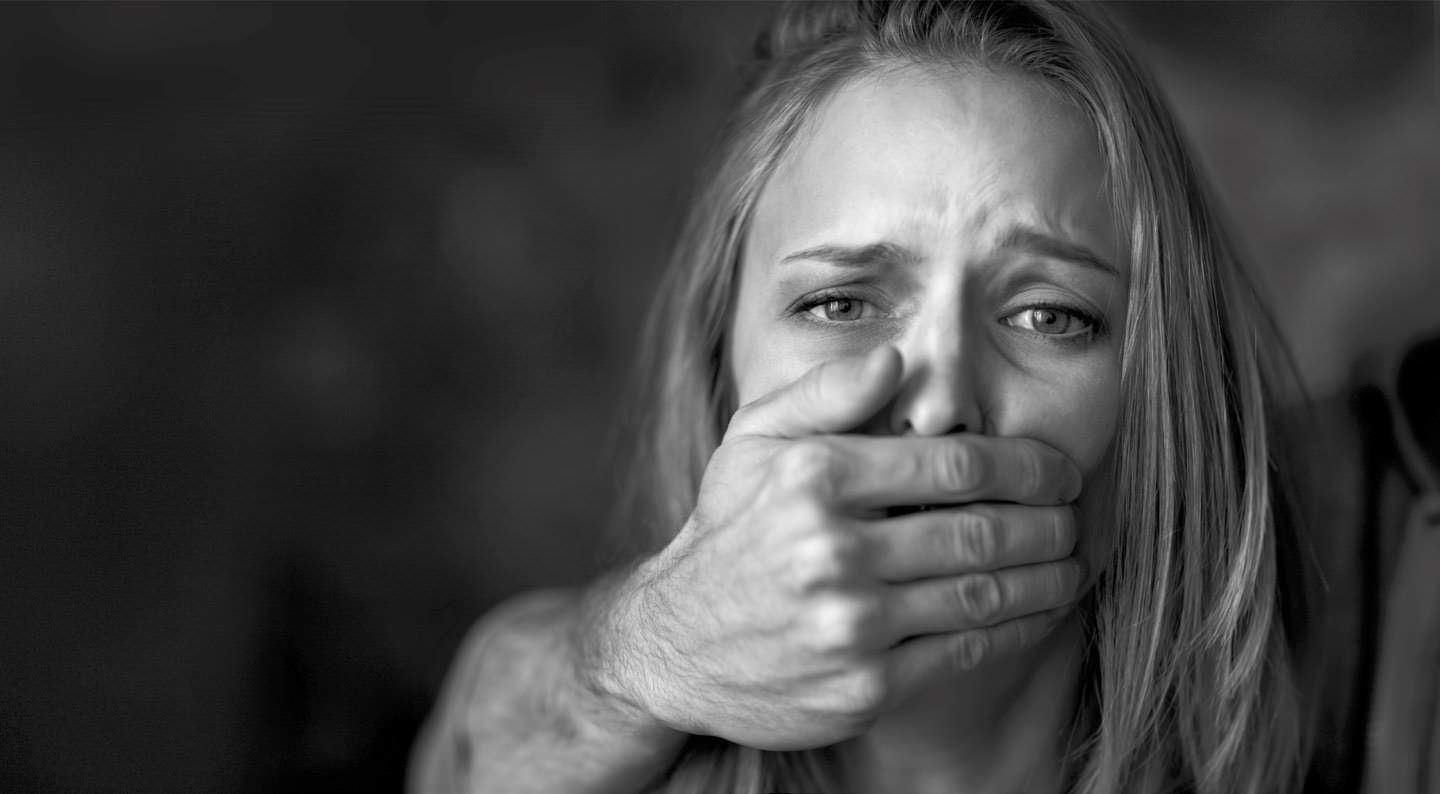We define domestic abuse as:
Domestic abuse involves the abuse of power and control by one person over another, within intimate relationships or family and typically escalates in frequency and severity over time. It remains a hidden crime, surrounded by stigma and significantly under reported.
The Government Strategy to address domestic and sexual abuse Stopping Domestic and Sexual Violence in Northern Ireland defines domestic abuse and abuse as follows:
Domestic abuse takes many forms, physical, verbal, psychological, economic, sexual and emotional and can often be a combination of several of these. It includes forms of violent and controlling behaviour such as: physical assault, sexual abuse, rape, threats and intimidation, harassment, humiliating and controlling behaviour, withholding of finances, economic manipulation, deprivation, isolation, belittling and constant unreasonable criticism.
Domestic abuse often occurs over a period of time and due to the nature of this behaviour and the subsequent impact, leaving an abusive relationship can be a long and very difficult process. Victims of domestic abuse will experience a range of emotions, including fear, reluctance, uncertainty, worry and stress. Concern for children’s welfare is a priority and it is essential that women and children are supported and met with an empathetic and proactive response from the very start.
Domestic abuse can have a detrimental and long-term impact upon individuals and presents a clear violation of their human rights. The human cost of violence and abuse to individuals and families must never be undermined or underestimated. This can include physical, emotional and psychological damage, breakdown in relationships and families, and a reduction in the life opportunities for individuals.
Anyone can experience domestic abuse regardless of age, gender, race, religion, sexuality, social class or geography. Research clearly shows that the majority of victims are women and children, highlighting the gendered nature of this crime.
The Police Service Northern Ireland (PSNI) statistics each year show increasing levels of domestic abuse ever recorded with police responding, on average, to a domestic abuse incident every 17 minutes of every day.
